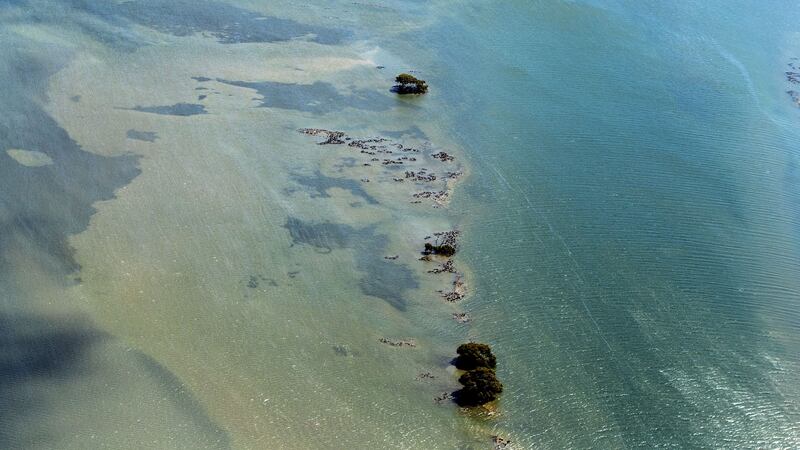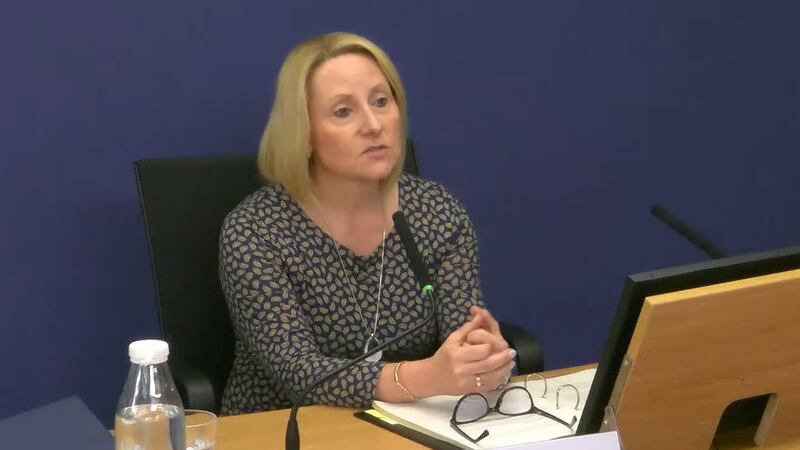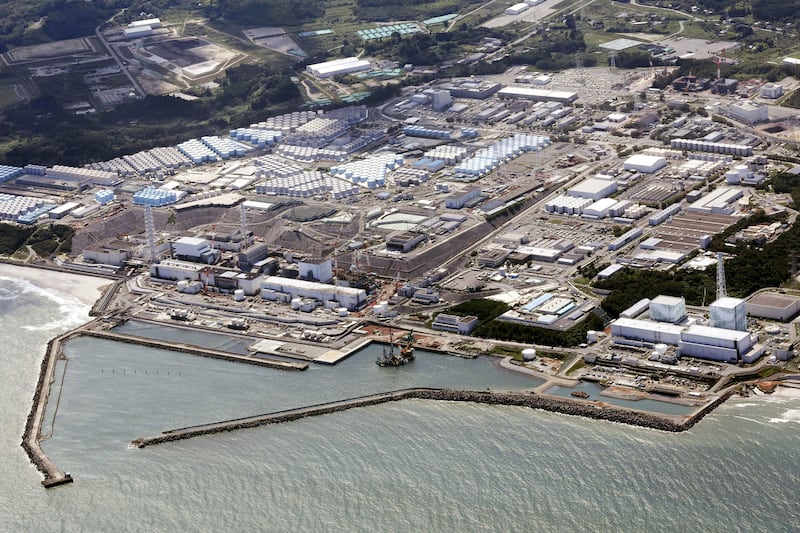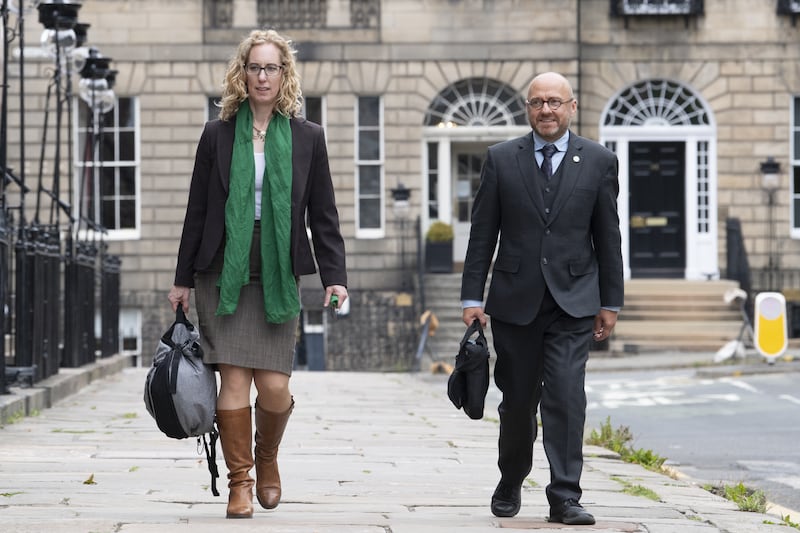Coral bleaching across the Great Barrier Reef has been happening for around 400 years, a study has revealed.
Researchers from the Universities of Glasgow and Edinburgh have dated the phenomenon back four centuries by examining cores extracted from old corals.
Large-scale coral bleaching has raised concern about the future of the ecosystems and the impact their loss could have on biodiversity.
The teams found the frequency of bleaching has increased since the 1800s and, despite corals’ ability to recover, there are fears they could now be approaching a “critical threshold”.
Dr Nick Kamenos from Glasgow’s School of Geographical and Earth Sciences said: “It’s clear in the core data we examined that bleaching has been occurring on the Great Barrier Reef for at least 400 years, but the frequency of bleaching events has increased markedly since the early 1800s and those events have affected 10% more corals since the late 1700s.
“We can see that corals have been able to acclimate and recover from past bleaching events.
“However, the increase in bleaching frequency and the numbers of corals affected since temperatures started consistently increasing in the modern era raises serious concerns about whether corals are approaching a critical threshold beyond which their long-term survival is uncertain.”
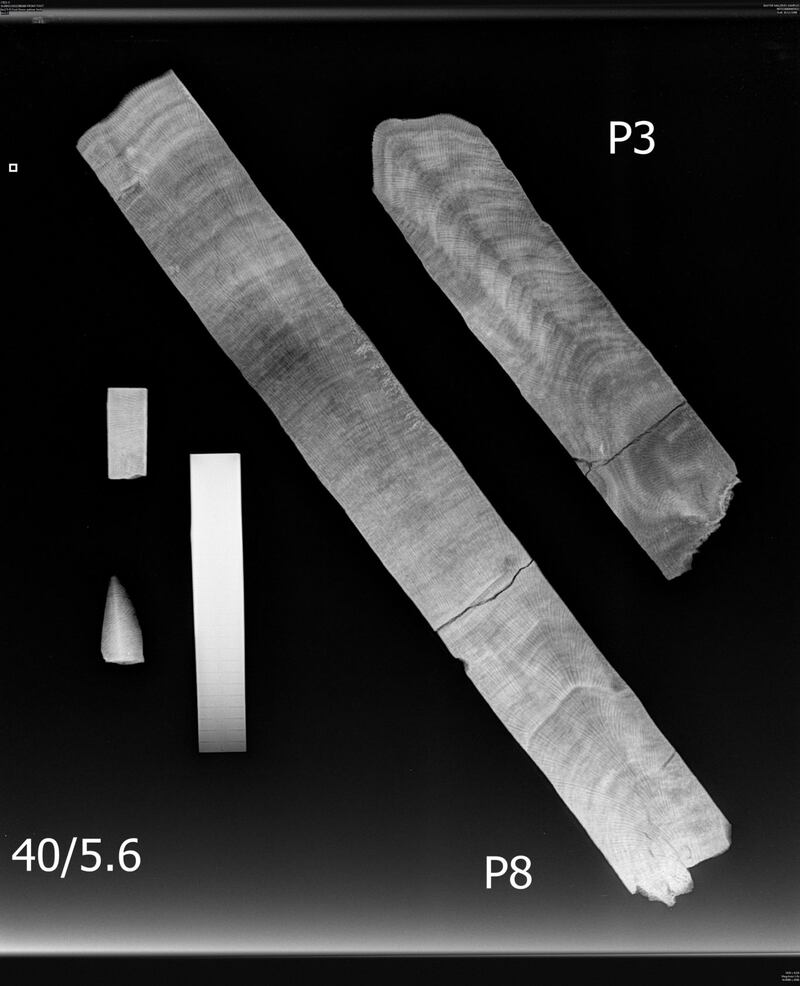
Bleaching occurs when water temperatures rise too high and disrupt the relationship between the coral and the tiny algae living inside it.
When the algae are expelled, it leaves the coral a stark white. They can be reabsorbed when the water temperature drops again, but corals die if this separation is too long.
Dr Sebastian Hennige from Edinburgh’s School of Geosciences said: “For this study we used the most conservative methods we could in some of the toughest corals out there today.
“The fact that we are seeing an increase in bleaching even in these tough corals highlights just how serious the threat of coral bleaching is, and how important it is that we take action now to reduce this threat.”
The paper, titled Reconstructing four centuries of temperature-induced coral bleaching on the Great Barrier Reef, is published in the journal Frontiers.
The study was supported by funding from the Natural Environment Research Council, the Royal Society of Edinburgh and the Scottish Government.
